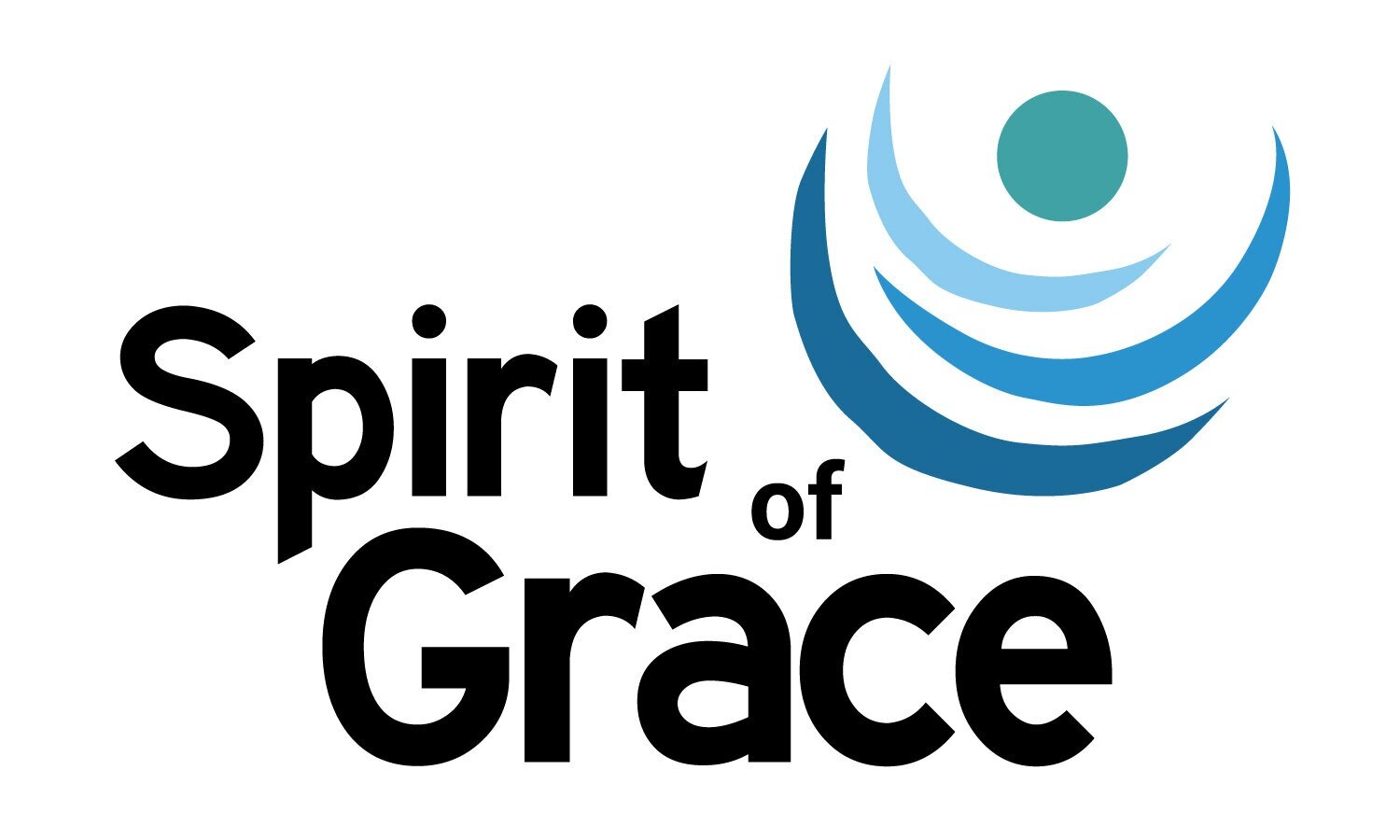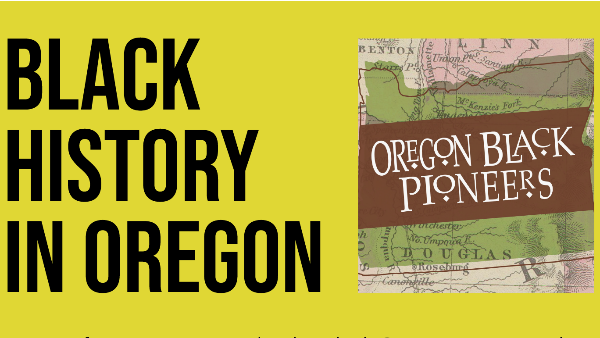The ELCA Oregon Synod has assembled a treasure trove of resources and events to honor Black History Month, and we are sharing these here with their permission.
Oregon's Black History, an online presentation by the Black Oregon Pioneers about Black history in Oregon. Oregon Black Pioneers is Oregon’s only historical society dedicated to preserving and presenting the experiences of African-American History. February 8, 6:00-7:00 pm. Register here.
Do you know the story of Robin and Polly Holmes?
The Holmes were slaves in Missouri who were brought to the Oregon territory in 1844 with the promise of freedom for themselves and three of their six children (the other three children had already been sold). Six years later, when they were finally granted their freedom, their former owner refused to free their children. Robin took his former master to court. In 1853, the case reached the Territorial Supreme Court, which decided in favor of Robin (because slavery was technically illegal in Oregon), and his two surviving children were freed. Read more here.
Dr. Martin Luther King, Jr. Keynote Address: The keynote speaker is LaTosha Brown, a nationally recognized expert on Black voting rights and voter suppression, Black women’s empowerment, and philanthropy. This event is free, but registration is required. 7 pm, Feb. 17 in the LaSells Stewart Center in Corvallis and via livestream.
Timeline of Racism Against Black People in Oregon
In 1844, when slavery was banned in Oregon, all African-Americans were told to leave the territory. Any Black person remaining would be flogged publicly every six months until they left.
In 1857, Oregon adopted a state constitution that banned Black people from coming to the state, residing in the state, or holding property in the state.
In 1859, upon entering the union, Oregon was the only state that explicitly forbade Black people from living in its borders.
In 1919, the Realty Board of Portland approved a code of ethics forbidding realtors and bankers from selling or giving loans to minorities for properties located in white neighborhoods.
In 1922, the governor was elected with the vocal support of the KKK, and photos in the local paper showed the Portland chief of police, sheriff, district attorney, U.S. attorney, and mayor posing with klansmen, accompanied by an article saying the men were taking advice from the klan.
In 1959, Oregon finally ratified the 15th Amendment, which gave Black people the right to vote.
In 1973, Oregon finally ratified the 14th Amendment—the Equal Protection Clause.
Today, Portland is the whitest big city in America.
Oregon has a history not only of Black exclusion and discrimination, but also of a vibrant Black culture that helped sustain many communities throughout the state—a history that is not taught in schools. Click above to see a 50-slide timeline and audio commentary created by Walidah Imarisha for a program called "Why Aren't There More Black People in Oregon?: A Hidden History," which looks at the history of race, identity, and power in Oregon and the larger nation. Imarisha is an assistant professor in the Black Studies Department and director of the Center for Black Studies at Portland State University.
ELCA African Descent Ministries is celebrating Black History Month with Talks at the Desk, a new series that will explore diverse expressions of the church. Every day there will be a profile of a pastor or lay person. Wednesdays at 5:30 pm PT a video featuring clergy, youth, young adults, and elders will be streamed on all platforms. Featured leaders include Rev. Angela Khabeb, Bishop Patricia Davenport, Dr. Charles Leonard, Diedre Harris, Lance Cooper, and Rev. Tamika Jancewicz. Click to watch the trailer and hear a beautiful rendition of "Lift Evry Voice and Sing," the unofficial Black national anthem.
“Now is the Time” is a new study guide that helps congregations wrestle with the meaning of “Declaration of the ELCA to People of African Descent.” The study guide and accompanying participant materials stress realism, self-examination, and accountability as the church apologizes for its complicity in slavery and its enduring legacy of racism in the United States.
Additional ELCA Resources
ELCA Racial Justice Ministries
ELCA Racial Justice Resources.
ELCA African Descent Lutheran Association
ELCA Slavery Apology and Explanation. Adopted at 2019 Churchwide Assembly. Study guide. Participant materials.
The Rev. Jehu Jones; First Black Lutheran Pastor (lutheranquarterly.com)
Read profiles of Black women who were Christian leaders:
Phyllis Wheatley - first Black American to publish a book of poetry
Jarena Lee - first female preacher in the African Methodist Episcopal Church
Mother Mary Lange - first Black American Mother Superior
Sojourner Truth - abolitionist and women's rights activist
Francis Ellen Watkins Harper - abolitionist
Harriet Tubman - abolitionist, called Moses
Thea Bowman - Black Catholic sister
Ida B. Wells - anti-lynching activist and journalist
Rosa Parks - civil rights activist
Ella Baker - civil rights activist
Fannie Lou Hamer - civil rights activist
Mimi Jones - civil rights activist
Dovey Johnson Roundtree - civil rights activist
Pauli Murray - first Black American woman to be ordained as an Episcopal priest
Bishop Barbara C. Harris - first woman consecrated a bishop in the Anglican Communion





